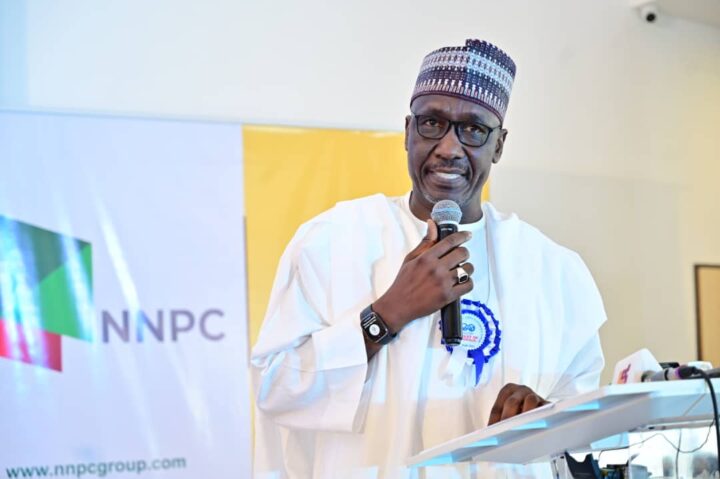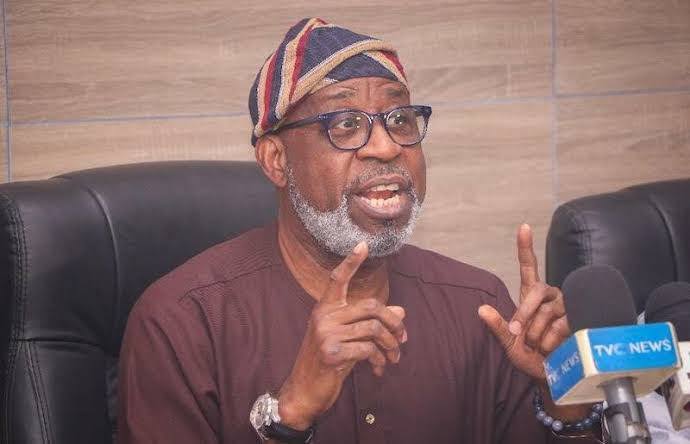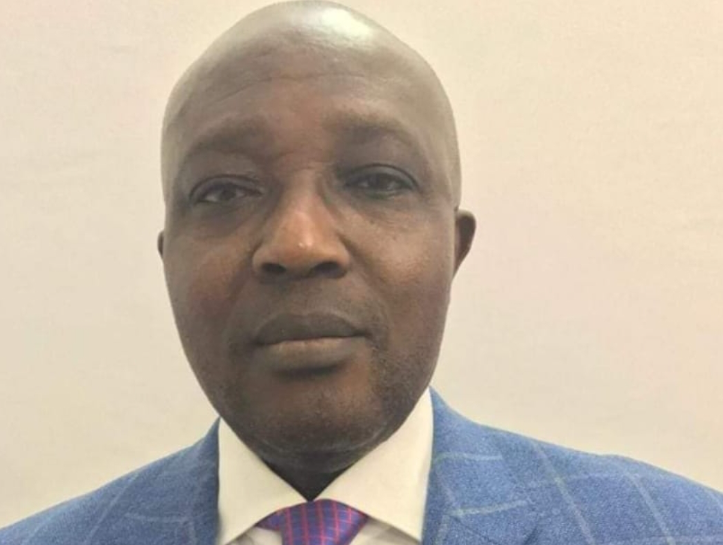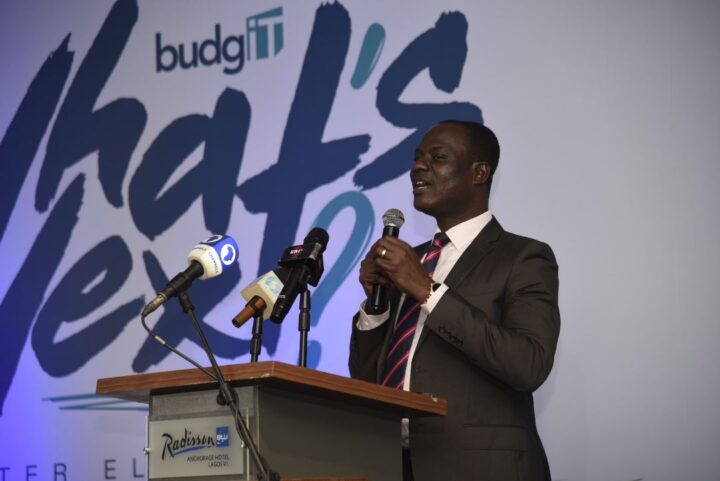The Nigerian National Petroleum Company (NNPC) Limited says Nigeria’s crude oil production level (including condensate) is currently at 1.67 million barrels per day (bpd).
Mele Kyari, group chief executive officer (GCEO) of NNPC, spoke at a press briefing in Abuja on Friday.
In July 2023, the country’s crude oil (and condensate) output fell to 1.29 million barrels per day (bpd), from 1.48 million bpd in the previous month.
Giving updates at the news conference, Kyari said oil production increased by over 300,000 bpd.
Advertisement
He said the oil and gas industry has a huge potential and the possibilities of providing all the foreign exchange (FX) requirements of the country.
“But you cannot do this except you are able to produce and also take it to the market, because we did have substantial challenges of security, which I also confirm this moment that Mr. President has re-engineered the security approach and we are already seeing very significant changes in our production environment,” he said.
“May I also use this opportunity to say that I was just checking the data for Wednesday. The actual data for crude oil and condensate production is at 1.67 million barrels per day.
Advertisement
“This is substantial, if you look at the situation where we were almost going below a million barrels some months ago. This is quite substantial. And the connection of this to subsidy was that you cannot give what you do not have.”
‘NNPC FACED IMMINENT ILLIQUIDITY BEFORE TINUBU’S ADMINISTRATION’
Kyari said NNPC was at the point of default at the time President Bola Tinubu took over on May 29, 2023.
He said the national oil company “was facing imminent illiquidity”.
Advertisement
“This is because we keep carrying the subsidy burden, the federation, that is all the sub-nationals and federal government, are unable to pay their bills for the subsidy,” The NNPC boss said.
“That means NNPC was carrying the subsidy burden for the whole federation until it became very obvious by the time Mr. President took over that it is no longer possible to proceed because you do not have the cash to pay for it and NNPC could potentially go into negative cash flow. Another word for it is bankruptcy.
“And it was impossible to continue. So it wasn’t really a matter of even preparedness. As the minister has said, it was no longer sustainable, that you cannot do what you cannot afford.
“You do not have and at that point in time, the subsidy burden was about N400 billion every month. And if the situation has continued, I can tell you in today’s market condition, pricing in the market and also the FX regime, we would have been dealing with close to N1 trillion of subsidy every month at this point in time.
Advertisement
“We simply don’t have those resources anymore. You are not just saving money, you are also passing realities around what you can’t afford. And as a result of that change, we saw demand go down by 30 percent,” he said.
This, he said, also means a 30 percent reduction in foreign exchange requirements.
Advertisement
Add a comment






